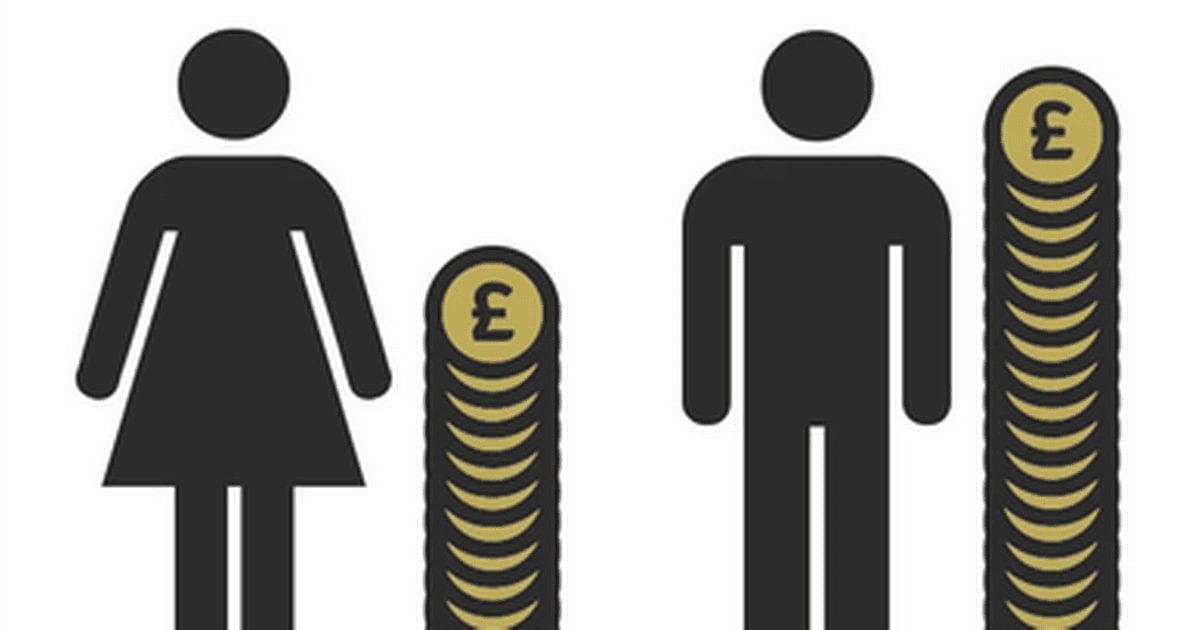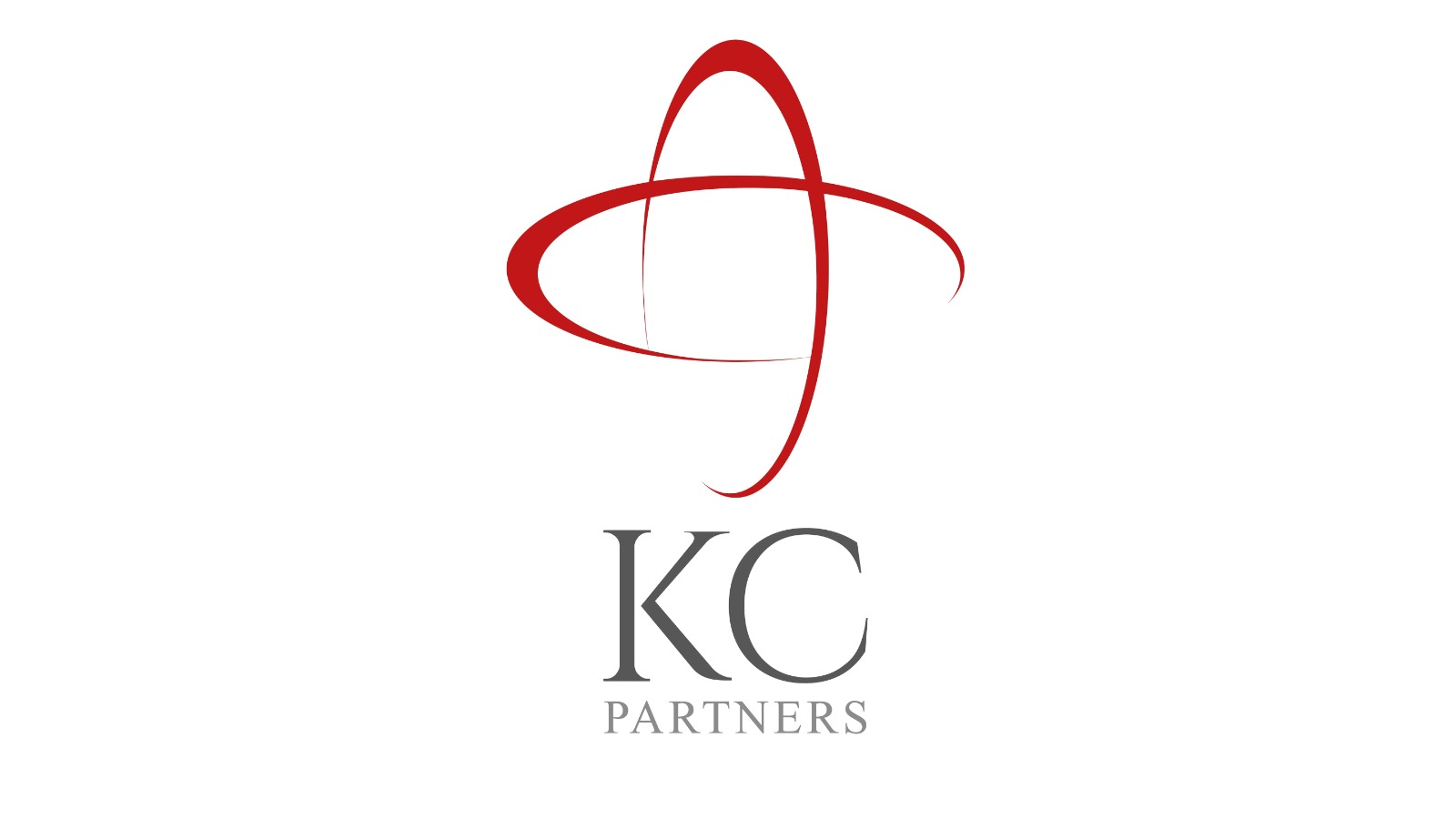Pinsent Masons has restated its gender pay gap figures to include partner data and called on fellow law firms to work together to develop a common approach to pay disclosures next year in a bid to address the lack of gender parity in the profession.
The firm has gone beyond its previous statutory filing – which revealed a 22% mean hourly pay gap across all staff and a 47% bonus gap – to highlight the impact that the lack of women at partner level make to the figures. Pinsents has revealed that within its partnership, while there is a 22% pay gap in favour of men, female partners receive on average 11% more in bonuses.
However, as just 25% of the firm’s partners are female, when combining partners with the firm’s salaried staff, the mean gender pay gap rises to 58%, with men paid on average 52% more in bonuses.
Pinsent Masons Transparent about Gender Pay Gap
Senior partner Richard Foley said the firm had decided to go beyond the statutory reporting requirement in the interests of transparency, and that it was planning to engage with both the Law Society and other City law firms to try to change the reporting requirements for next year.
Foley said:
“Since publishing our numbers we have become increasingly concerned by a perception that, in following regulations designed to promote transparency, partnerships have somehow avoided their responsibilities. Today we are publishing numbers which go beyond what is stipulated in government guidelines.”
To date, just a handful of other major law firms have opted to disclose details of partner pay, including Reed Smith, Norton Rose Fulbright and Irwin Mitchell, although the big four accounting firms have all restated their figures to include partner earnings following criticism such as Conservative MP Nicky Morgan’s comments that firms are “taking advantage of a loophole” and “abiding by the letter of the law, but not the spirit.”
“What has become clear in recent weeks is that public expectations go beyond what the regulations require, and that the regulations as currently drafted provide too much scope for an inconsistent approach to reporting by partnerships,” added Foley. “We hope that this voluntary disclosure will aid transparency; however to ensure that this is meaningful, we will be engaging with the Law Society and other City law firms to seek their support in making representations to Government to make changes.
“It cannot be right that partnerships have no common methodology and thus have to pick and choose what to report. Only by achieving consistency can we create a level playing field and secure the transparency expected of us by our people, our clients and the wider public.”
All UK organisations employing more than 250 people must disclose their gender pay gap report by 4 April, and to date, more than half of the UK’s 50 largest law firms have announced their figures.
Source: Legal Week





